Asteroids In The Hebrew Bible: A Critical Examination

Introduction
Asteroids have always been a subject of fascination for man throughout history. From ancient times, humans have looked up at the stars, trying to decipher their secrets. The Hebrew Bible is no exception. The holy book contains many references to heavenly bodies, including asteroids and comets, which provide valuable insights into the beliefs, customs, and traditions of the ancient Israelites. This article is a critical examination of the role that asteroids played in the Hebrew Bible, exploring some of the most important references, their significance, and their implications.
Asteroids in Creation
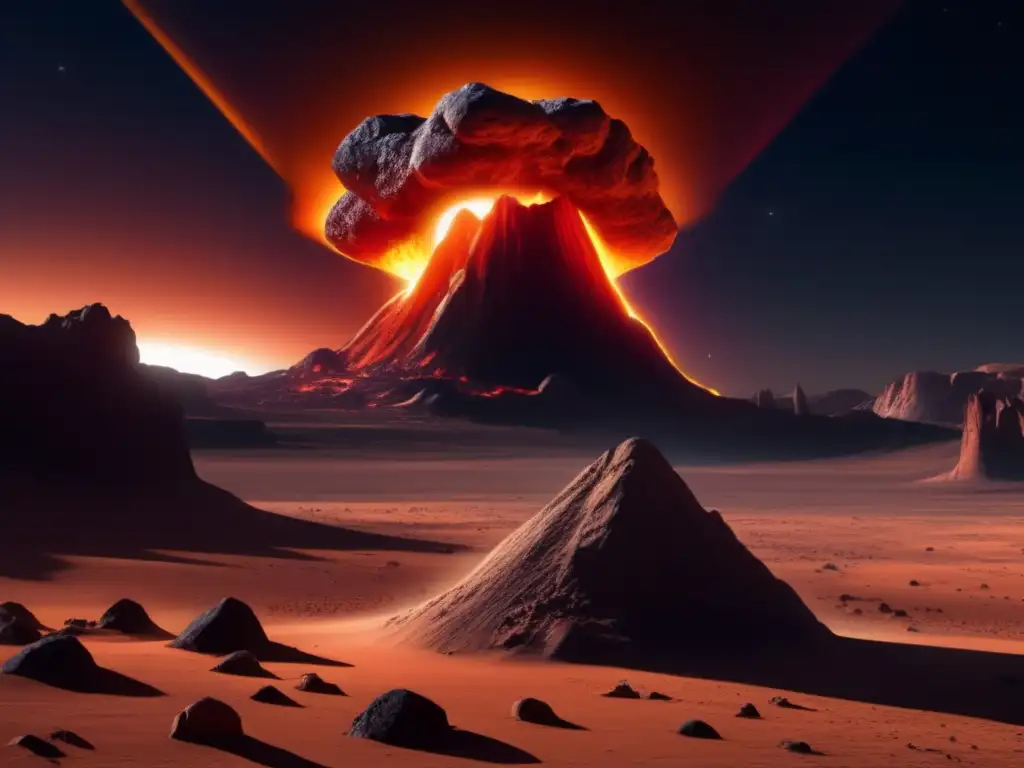
The First Day of Creation
The first day of creation according to the Hebrew Bible saw the creation of light and the separation of it from the darkness. However, it also subtly mentions the creation of asteroids with the following verse:
"And God said, 'Let there be lights in the expanse of the heavens to separate the day from the night. And let them be for signs and for seasons, and for days and years'" (Genesis 1:14).
The word "lights" as used in this verse refers to celestial bodies in general, including the sun, moon, and stars, which were all created on the fourth day of creation according to the same chapter. However, it is probable that the Hebrew author was referring to asteroids among these "lights."
The Fourth Day of Creation
The fourth day of creation was the day when God created the sun, moon, and stars. The Bible states:
"And God made the two great lights—the greater light to rule the day and the lesser light to rule the night—and the stars. And God set them in the expanse of the heavens to give light on the earth" (Genesis 1:16-17).
The Hebrew word for "stars" is kochavim, which refers to any celestial body with its own light. Asteroids, which reflect light from the sun, could thus be included in this category.
Asteroids as Divine Punishment
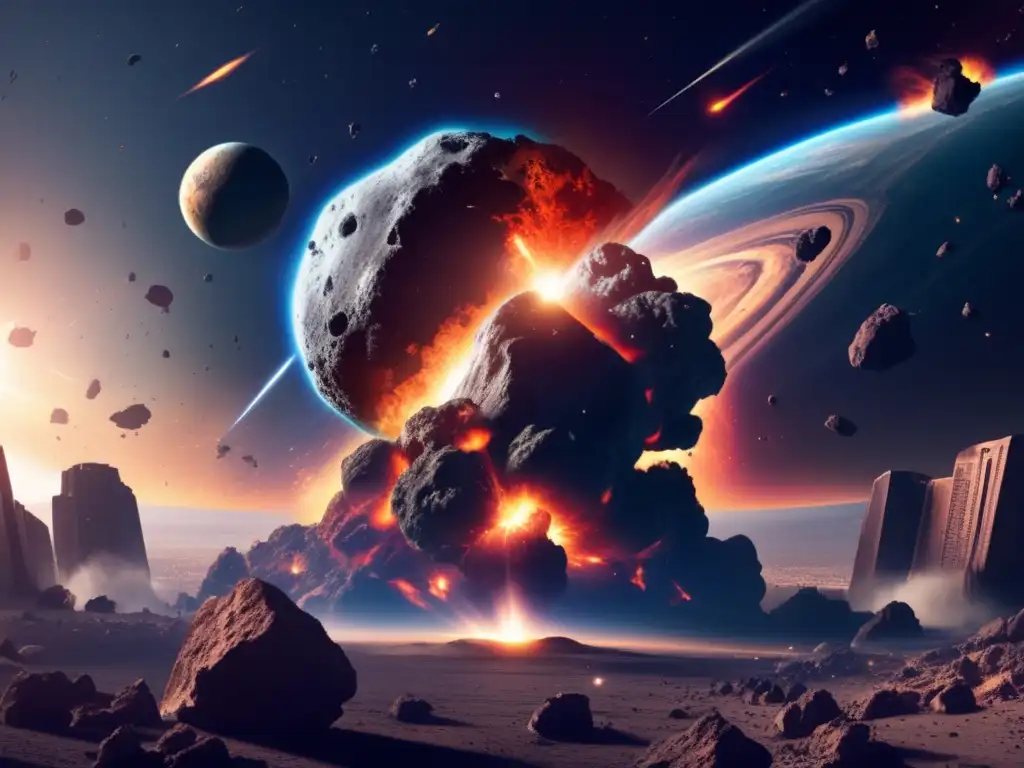
The Plagues of Egypt
The plagues of Egypt are a series of ten calamities that the God of the Israelites sent to Egypt to force the Pharaoh to release the Hebrews from slavery. The seventh plague was hail, which could have been caused by a meteor shower:
"Then the Lord said to Moses, 'Stretch out your hand toward heaven, so that hail may fall on the whole land of Egypt, on man and beast and every plant of the field, in the land of Egypt.' [...] So there was hail, and fire flashing continually in the midst of the hail, very heavy hail, such as had never been in all the land of Egypt since it became a nation" (Exodus 9:22-24).
The description of the hail as containing "fire flashing continually in the midst of the hail" suggests that it was not just frozen raindrops but was, in fact, a meteor shower.
The Destruction of Sodom and Gomorrah
Sodom and Gomorrah were two cities in the Jordan Valley that the Bible describes as being destroyed by God because of their wickedness. The destruction is depicted as follows:
"Then the Lord rained on them sulphur and fire from the Lord out of heaven. And he overthrew those cities, and all the valley, and all the inhabitants of the cities, and what grew on the ground" (Genesis 19:24-25).
The Hebrew word for "sulphur" is gophrith, which could also refer to brimstone or other volcanic material. However, some scholars believe that it is a metaphor for the rocky debris that would have been created by an asteroid impact.
Asteroids in Prophecy

The Book of Revelation
The last book of the Bible, Revelation, contains many references to asteroids, comets, and other celestial bodies. One of the most striking is found in the sixth seal:
"I watched as he opened the sixth seal. There was a great earthquake. The sun turned black like sackcloth made of goat hair, the whole moon turned blood red, and the stars in the sky fell to earth, as figs drop from a fig tree when shaken by a strong wind. The heavens receded like a scroll being rolled up, and every mountain and island was removed from its place" (Revelation 6:12-14).
The description of the stars falling to earth is a clear reference to a meteor shower or asteroid impact. The fact that this event is depicted as part of God's punishment of humanity adds weight to the notion that asteroids were seen as instruments of divine will in the Hebrew Bible.
Frequently Asked Questions
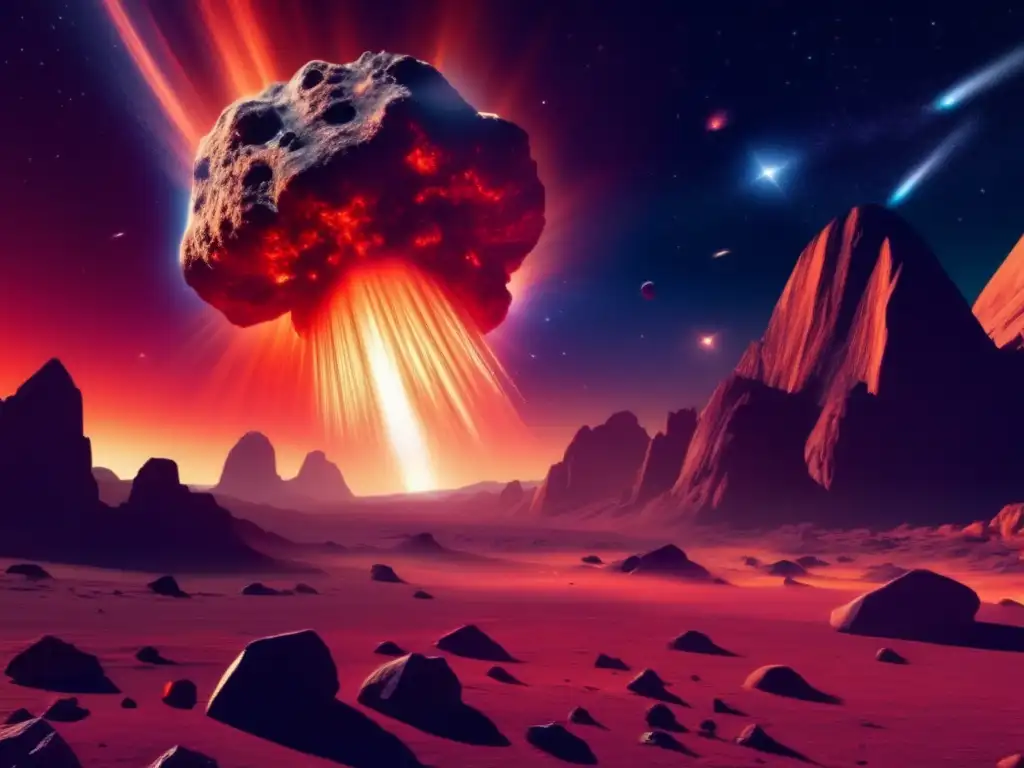
-
Did the Hebrew Bible really talk about asteroids?
Yes, it did. While the Bible uses the word "stars" to refer to celestial objects in general, including planets, asteroids are likely included in this category as well.
-
Did God use asteroids to punish the Israelites' enemies?
Yes, the Bible suggests that God used asteroids to bring about destruction and chaos as a punishment for wickedness. Several examples include the hail during the plagues of Egypt, the debris from Sodom and Gomorrah's destruction, and the events described in the Book of Revelation.
-
Did ancient Israelites believe that asteroids had a divine purpose?
Yes, it is likely that the ancient Israelites saw asteroids as instruments of divine will, given that they are often associated with God's punishments or warnings in the Hebrew Bible.
-
Were asteroids seen as good or bad omens in the Hebrew Bible?
Asteroids were not specifically associated with omens in the Hebrew Bible, but their impact or appearance was often seen as a sign of God's displeasure or punishment.
-
What can we learn from the Hebrew Bible's references to asteroids?
The Hebrew Bible's references to asteroids provide valuable insights into the ancient Israelites' beliefs about the nature of the universe and the role of God's will in human affairs.
Conclusion
Asteroids played a significant role in the Hebrew Bible, being mentioned in different contexts, including creation, prophecy, and divine punishment. Their appearances were seen as signs of God's will, and their impact was often interpreted as warnings or punishments from above. This article aimed to provide a critical examination of these references, highlighting their significance and implications. The knowledge gained from the Bible's references to asteroids enhances our understanding of ancient cultures and helps us appreciate the powerful influence that celestial bodies have had on human history.
Thank you for reading this article. We hope it has been informative for you. Please share your comments and thoughts with us in the comments section below. If you found this article interesting, consider subscribing to www.asteroidrealm.com to receive more content like this. You can also share this article on social networks or contribute to Asteroid Realm by submitting your own material. Remember to always keep looking up at the stars!
Additional Resources
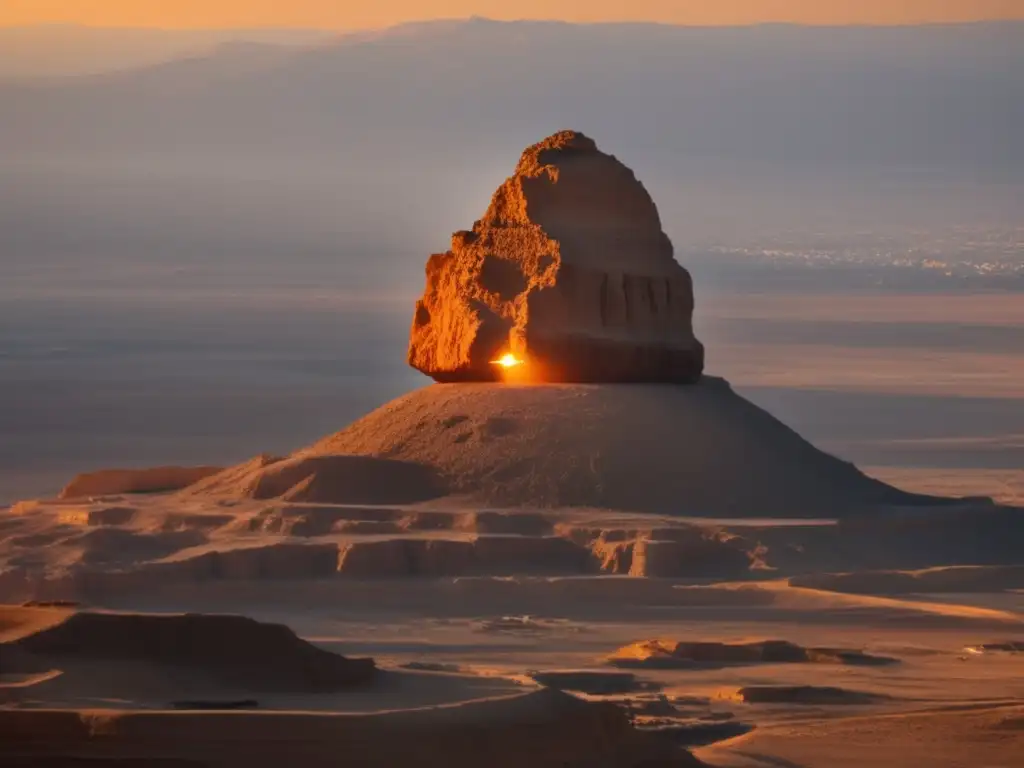
 Star Lore: The Role Of Asteroids In Tibetan Myths
Star Lore: The Role Of Asteroids In Tibetan Myths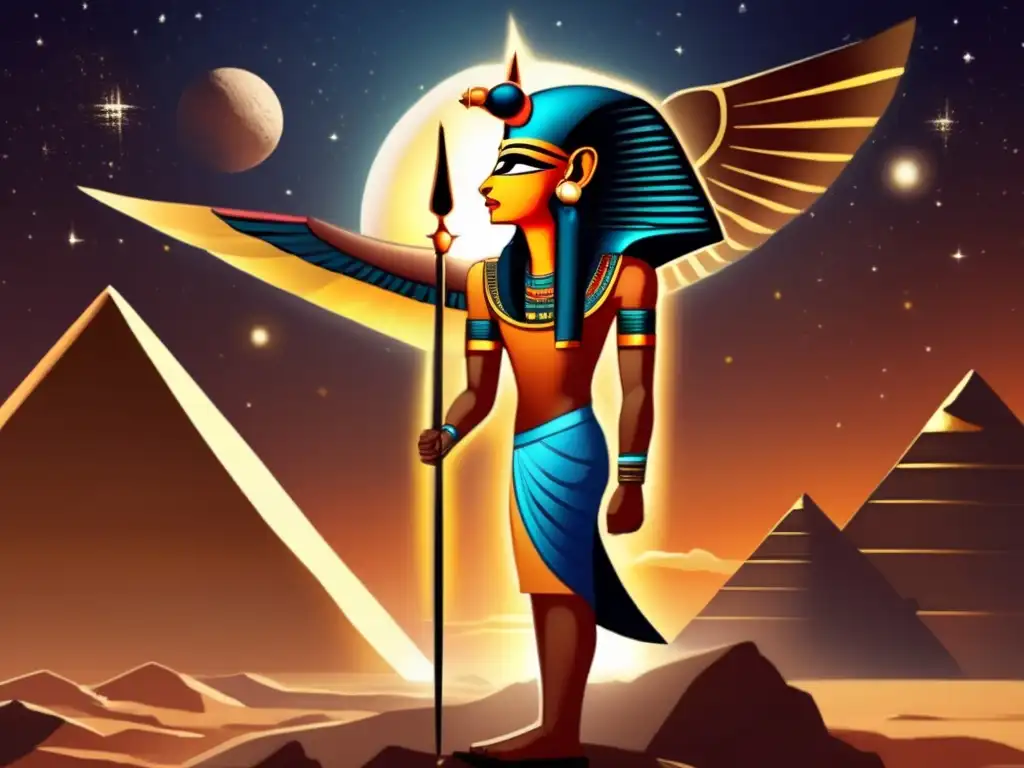 Asteroids In Ancient Egypt: Myths And Legends
Asteroids In Ancient Egypt: Myths And Legends Asteroids In Native Alaskan Stories: An In-depth Look
Asteroids In Native Alaskan Stories: An In-depth LookIf you want to discover more articles similar to Asteroids In The Hebrew Bible: A Critical Examination, you can visit the Asteroid Mythology category.
Leave a Reply

Articulos relacionados: